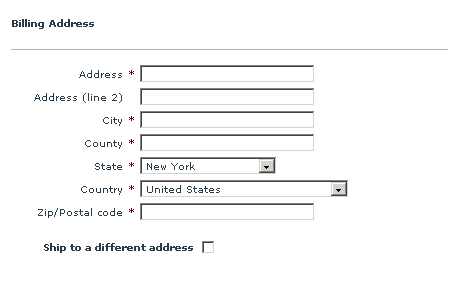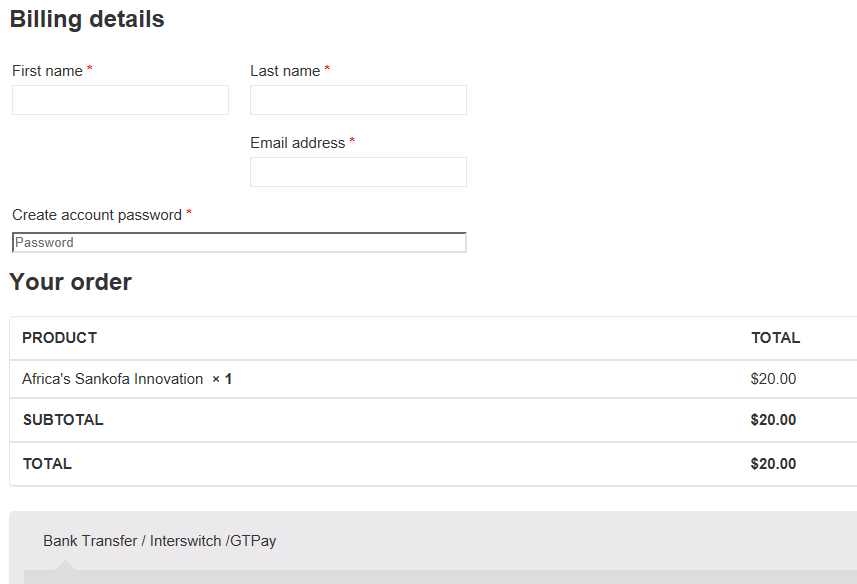
Last year, we did a project for an East African company which had wanted to go big on online sales. The company had tried many things but had struggled to boost its online channel revenue. The firm wanted to know why despite its capacity to bring customers to its sites, getting them to buy things was not happening. This firm is not an ecommerce company; selling things online does not make a company an ecommerce firm. For the firm, online is just an additional channel to sell products: without the web, this company has a business offline, unlike a typical ecommerce firm which is largely dependent on digital channels.
We wrote codes to analyze the site and put applets to essentially understand what people do when they arrive. I bought things myself to understand the challenges. We re-created the scenarios and asked people to test different experiments. We also hired some shoppers, we spoke and interviewed people.
Simply, after our experiments, we noticed many things. I will share one of them here. The address has an optional zip code field. It turns out that many shoppers were rattled by its presence. Zip code is very common in U.S. websites. And African developers have adopted it in many stores they build online in the continent. That is unfortunate since we do not have functioning zip codes in the continent.
Register for Tekedia Mini-MBA edition 19 (Feb 9 – May 2, 2026): big discounts for early bird.
Tekedia AI in Business Masterclass opens registrations.
Join Tekedia Capital Syndicate and co-invest in great global startups.
Register for Tekedia AI Lab: From Technical Design to Deployment (next edition begins Jan 24 2026).

We asked the client to remove the zip code field. Immediately, the conversion rate went up. Yes, zip code could destroy your online store capacity to get customers to buy. Our finding was that it frustrates shoppers by asking them to provide something they cannot technically provide. No one knows his or her zip code in Nigeria unless you are working in the Post Office. Yet, asking for that, even optional, is common in online stores in Nigeria.
Please remove that field. You can borrow a line from Tekedia store here. We have only email and password. No need for address or zip code [we sell virtual things]. Then in stores in our other businesses, we make sure we ask for address in comment format, not the typical address structure, to ensure customers have the freedom to explain it in any form he or she wants. We do not use the limiting U.S. address format.

So, someone could write for address as thus: “The bungalow painted white behind Mr. Biggs, after the fuel station by the left. There is a water tank painted on top, if you are looking from the express.” This address would not fly in most U.S. address templates but not giving the customer this freedom will convince him or her that you would never ship that item since there is no way you could trace the house, to deliver the item. If you do not have what the customer thinks he/she needs to explain the address, the person would close the browser.
You need to take a harder look on what you copy and paste from systems and solutions engineered for U.S. and European markets. Those could be causing your conversion problems [inability to convert visitor traffic to revenue]. If you visit your store traffic, and only very few customers are finishing payment, you have a real problem in your hand. Before you call the payment company, check if those fields in the address form are in order. It could be as simple as not giving enough fields for someone to “explain” the address. Yes, in Africa, we explain address, and not just “write” one. The U.S. template was engineered for writing an address, but typically fails when there is no formal address, as typical in our lands.
---
Connect via my
LinkedIn |
Facebook |
X |
TikTok |
Instagram |
YouTube


